As they grow older, elderly people are surely facing emotional and mental instability due to various reasons. In this article, we will share the different depression care plan that can give everyone the chance to experience healthy aging.
In a fact sheet published by the World Health Organization (WHO) in December 2017, over 20 percent of adults aged 60 and up suffer from either mental or neurological disorders. A high percentage of this population (around 6.6 percent) are depressed elderly who experience other health conditions at the same time.
While there is always a specific treatment plan for depression for each depressed elderly person, these mental health problems tend to be under-identified by most people. What makes depression among older people worse is the fact that it also has an impact on physical health.
To help you understand more about depression among older adults, we will tackle here how you can choose the best care plan for them.
Before you proceed, you may read our “5 Secrets You Should Know To Achieve Wise And Healthy Aging” article that can provide you with the best guides for healthy aging which can also help you prevent depression as you grow older.
- Understanding Depression and Its Nature
- Recognizing The Symptoms of Depression in Elderly People
- Treatment Plan for Depression
- Treatment Plan No. 1 – Stay Connected To the Community
- Treatment Plan No. 2 – Join Specialty Clubs or classes
- Treatment Plan No. 3 – Nursing Interventions ForDepression
- Getting Emergency Help for Depression
Understanding Depression and Its Nature
Learning about the true meaning of depression is an essential step before you can find the best treatment for yourself.
According to the Mayo Clinic, “Depression is a mood disorder that causes a persistent feeling of sadness and loss of interest.” They also call it a major depressive disorder or clinical depression sometimes since it totally affects the day-to-day activities of a person.
Depressed elderly people with apparent symptoms show deficient and substandard function compared to the time when they are still younger. In addition, their health status is way worse than those older adults who are suffering from chronic medical conditions like heart disease, hypertension, and diabetes.
It is true that diagnosing depression is far harder than recognizing physical diseases since, just like how they nicknamed the mental condition, it is a “silent killer” that can sometimes make anyone suffer without letting them know.
Though it is essential to know the red flags of depression in elderly people as soon as possible, they are sometimes overlooked due to different reasons:
- Depressed elderly only thinks that feeling down most of the time is part of aging — which is absolutely false.
- Some older adults spend the rest of their lives alone in their homes; the others, in the worst-case scenarios, have to deal with depression alone after they are sent to a retirement
- Elderly people sometimes feel that they are already isolated, and they do not want to be a burden anymore. However, this can only lead to depression even
- Physical pain can also be a sign of mental health problems. But they miss seeing it and fail to take it
- In most cases, those people who already know about their situation are just too reluctant to seek help.
Recognizing The Symptoms of Depression in Elderly People
For us to break the stigma and finally recognize the existence of depression among older people, we should familiarize ourselves with the red flags and obvious symptoms of it. Some of the indications are as follows:
• Sadness
Let’s face it. We feel sad most of the time, and unfortunately, older adults disregard this feeling since the thought that they have been neglected by the members of their family clouded their minds already.
• Unexplained or aggravated aches and pains
No, it is not just about “I am already old; that’s why I am feeling all the pain”. As mentioned earlier, depression in elderly people can trigger physical pain, and it is evident that no one should ignore it since it can lead to a more serious physical health risk.
• Loss of interest in socializing or hobbies
Depressed elderly patients tend to shut the door and ignore everything. Losing interest in the things they once loved is also an emotional sign that they are suffering from depression.
• Weight loss or loss of appetite
It is only natural for a few adults to experience weight loss, most especially when they are also losing their desire to eat. This only means that their mind is already occupied with depressive thoughts, and they should seek for help already.
• Sleep disturbances
There are three types of sleep disturbances that can affect depressed elderly people: oversleeping, not being able to remain sleeping, and daytime sleepiness.
• Loss of self-worth
Sadly, some people inside a home for the aged push their families to send them there since they are starting to think that they are becoming a burden to them already. Aside from that thought, they might have also been having thoughts about taking their own life.
• Failing To Look After Personal Care
Some who are too busy dealing with their mind’s demons, tend to forget to take care of their physical health already.
Treatment Plan For Depression
It is not true when they tell you that depressed elderly people can no longer try new things or take steps for a healthy aging journey. Though their physical aspect already changed, their minds can still acquire more knowledge and skills, just like how the younger generation can. Allowing them to explore more can help them naturally recuperate and pull through depression.
Winning the battle against depression can be more comfortable for patients especially when they are receiving the love, care, and attention they need. Once they reconnected with everyone, they are not only curing their mental health issue but also developing their own ways toward healthy aging.
The following are some tips you can follow to create your depression care plan. After doing these things, you will learn the best treatment plan for depression even more so you can enjoy living your life once again.
Treatment Plan No. 1 – Stay Connected To The Community
Most communities all over the globe have a well-trained community-based mental health care facility, which can relieve depressed elderly people’s symptoms in a snap. Their volunteers and caregivers have been trained to support and give the patients the utmost care they need.
But aside from giving high-quality healthcare services to the people, these facilities can also launch different activities for their community in which adults can take part. For example, joining support groups.
Meeting some people who share the same feelings and experiences as you do can help you learn from others’ experiences. Hearing how they overcome their mental health battle can make you feel less isolated and judged since everyone in the group understands what you are feeling. Moreover, letting your words out can reduce your anxiety and stress, improving your symptoms, and eventually, you will be freed from it.
Treatment Plan No. 2 – Join Specialty Clubs or Classes
There are lots of fun classes you can take part in. To find the best class for you, you need to consult your inner self and find out the hobby you once loved, or something new you want to try.
Educational Classes – If you are into words and want to train your mind again, this type of class is the best for you. Depending on your desire, you may wish to review your country’s history again, or you may take up a literature class if you are into poetry. Not only educational classes will not exhaust you, but they can also lower your risk of getting dementia and other memory-related health problems.
Artistic and Creative Classes – For depressed people who find peace in colors, we suggest that you take any artistic and creative classes in your community to unleash your creative side of you. But this is not just about drawing or painting. In creative courses, you can enroll yourself in a baking or cooking class. With this type of learning, you can cook your favorite food once again as you shift your mind to something more productive and healthy.
Physical Activity Classes – The best out of three, engaging yourself in physical activity will not only alleviate the depression symptoms, but it can also lower the risk of dementia as you age. This can also increase your energy as if you are still young while improving the quality of your life for healthy aging. Some classes include Zumba, yoga, spin class, or simple hiking activity. Active depressed elderly people will undoubtedly be full and vibrant again once they reserve some time for fun activities like this.
To overcome depression and prevent it from coming back, making yourself feel engaged through these activities can push you to enjoy and discover your purpose in life. It is a given that life continuously changes as we age, and we are losing some things.
But as we let go of once essential things in our life, it is also giving us another opportunity to hold on to something new — whether it means relocating, going on a vacation, or trying new things.
Keeping yourself accompanied does not only save you from feeling depressed even more. This can surely lift your mood and give you the healthy aging process you need.
Treatment Plan No. 3 – Nursing Interventions For Depression
Aside from helping yourself, seeking prompt mental and emotional treatment is the most important thing you should do. Nursing interventions for depression are recommended most, especially when you feel like your feelings and thoughts are getting out of hand.
Though there is a wide range of medicines that your doctor can prescribe, getting support, and learning about your diagnosis can also improve your life. This can only be attainable once you do these things:
- Aim for early diagnosis for you to search for effective emotional management. Doing this can also prevent you from worsening your
- Optimizing your physical and mental health at the same time is like finding balance in your life. You can have a healthy mind but an unhealthy body, or you can have a healthy body but a feeble
But finding balance and giving both aspects the same level of attention and care can increase your functional ability and heighten the level of your well-being.
- Treating your physical illness is also a must. It has been proven that learning about another disease can make you feel so down and disappointed with your life. But once you learn how to embrace and monitor it until you finally get over it can help you big
Getting Emergency Help For Depression
For emergency help, suicide.org has compiled suicide hotlines worldwide, which you can contact every time you feel down.
These kinds of hotlines are created to help you out whenever you are suddenly having suicidal thoughts. No matter what age group you are in, what you are feeling right now is valid, and it is not a sign of weakness to ask for help.
- If ever you encounter such thoughts, you should immediately do any of the following:
- Exchange kind words with your attending physician or a healthcare professional. While it is okay to stand up for yourself, asking the professionals for some advice can make you feel even
- Call your country’s suicide hotline You can refer to the link above for the updated list of numbers.
- Call a friend or a family During this kind of situation, hearing the voices of those people who are close to you can calm your heart and mind down.
It is extremely important to detect red flags and take them seriously. There might be a voice repeatedly telling you to do it, but you should also think of your loved ones who will be saddened once they lose you.
Remember that you are not alone in this battle, and we should walk hand in hand with the best
depression care plan to fight against depression.
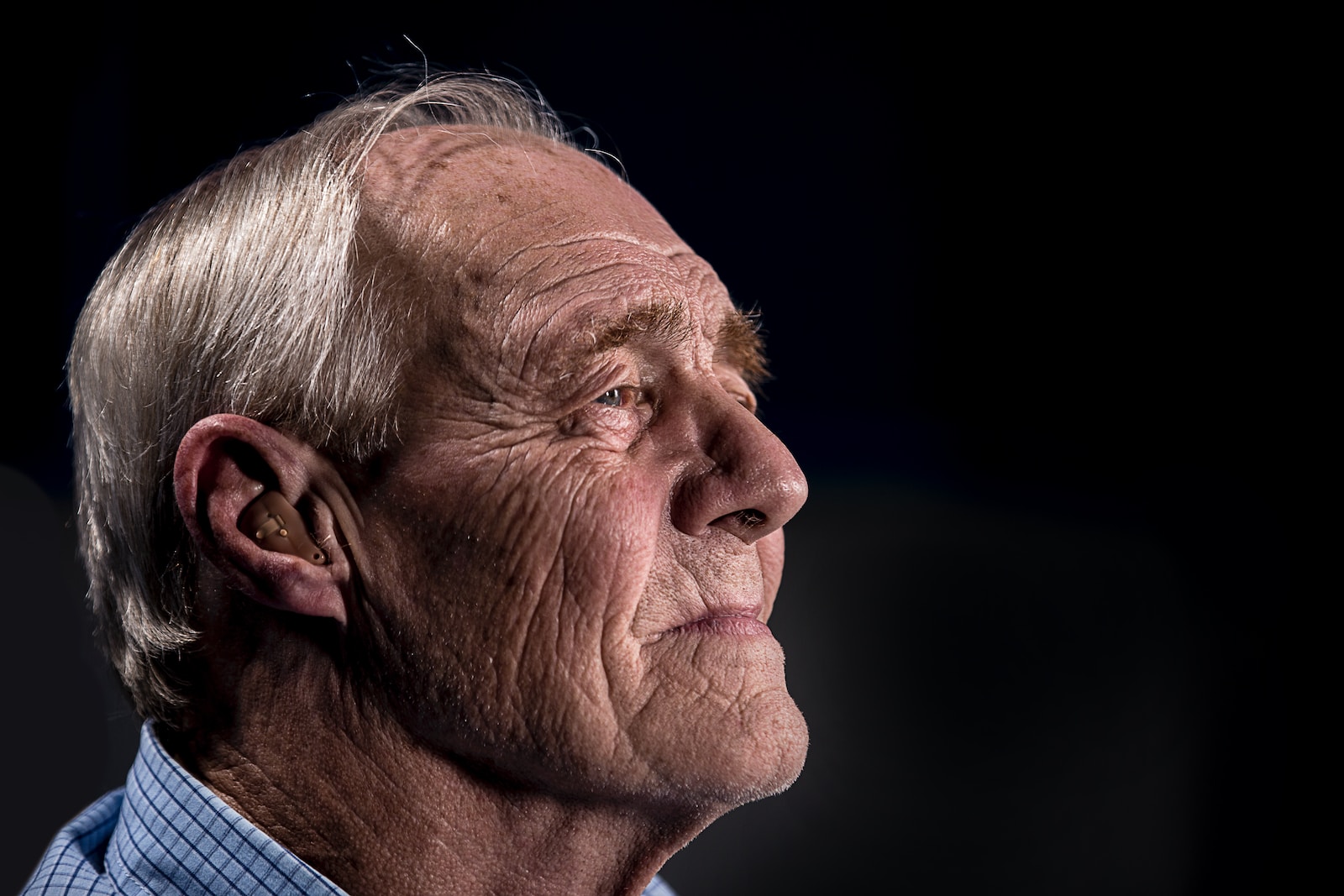




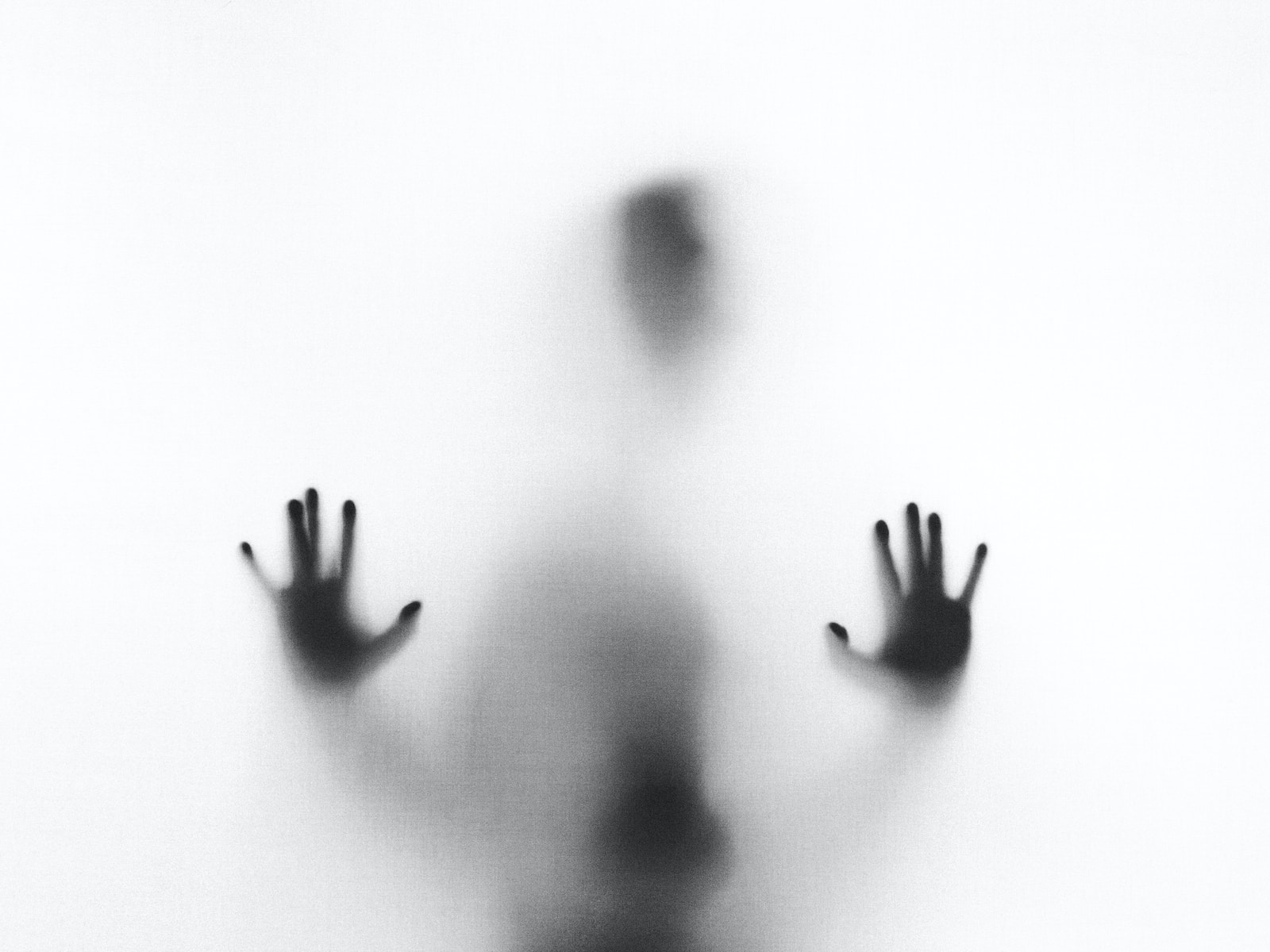
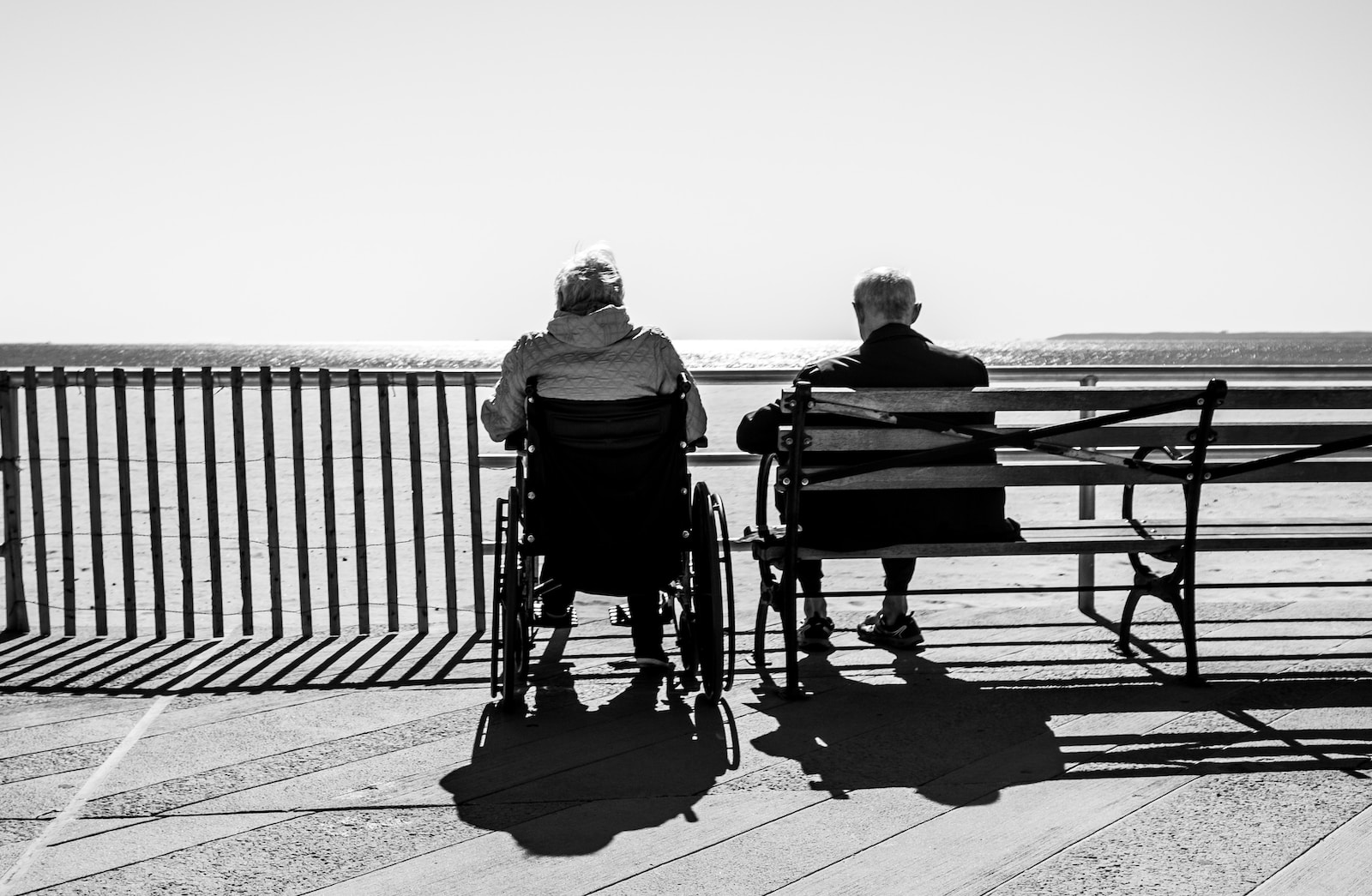
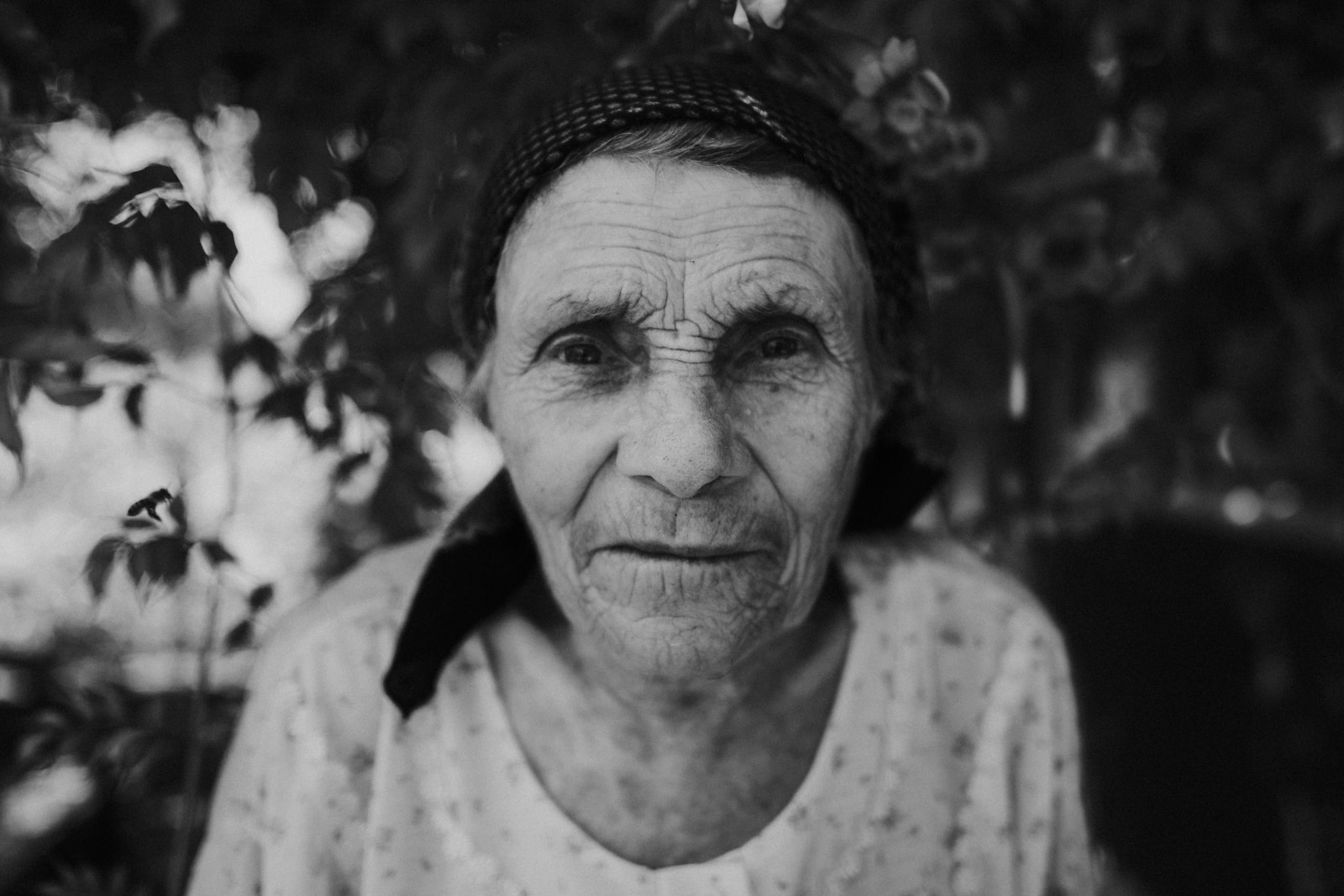

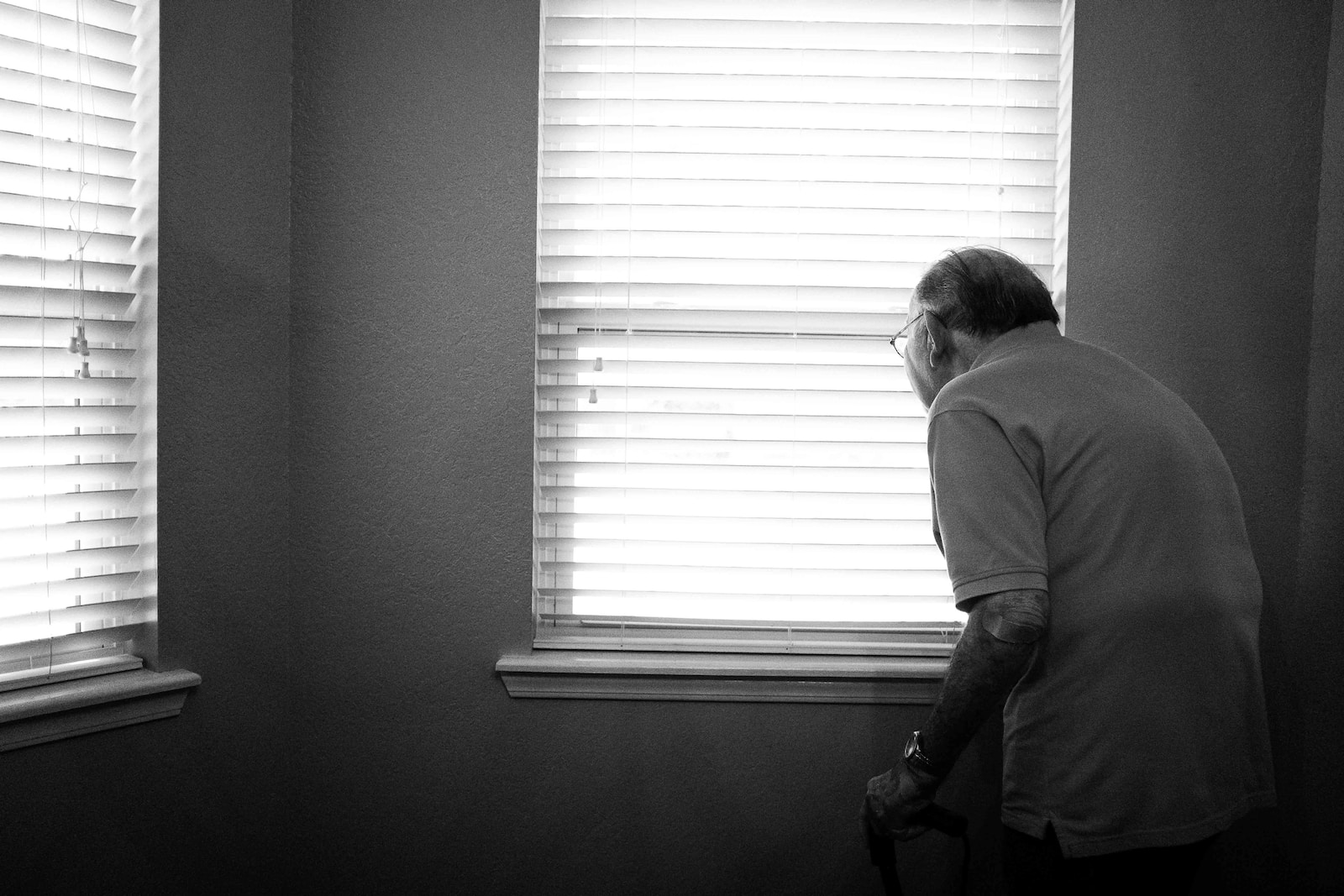
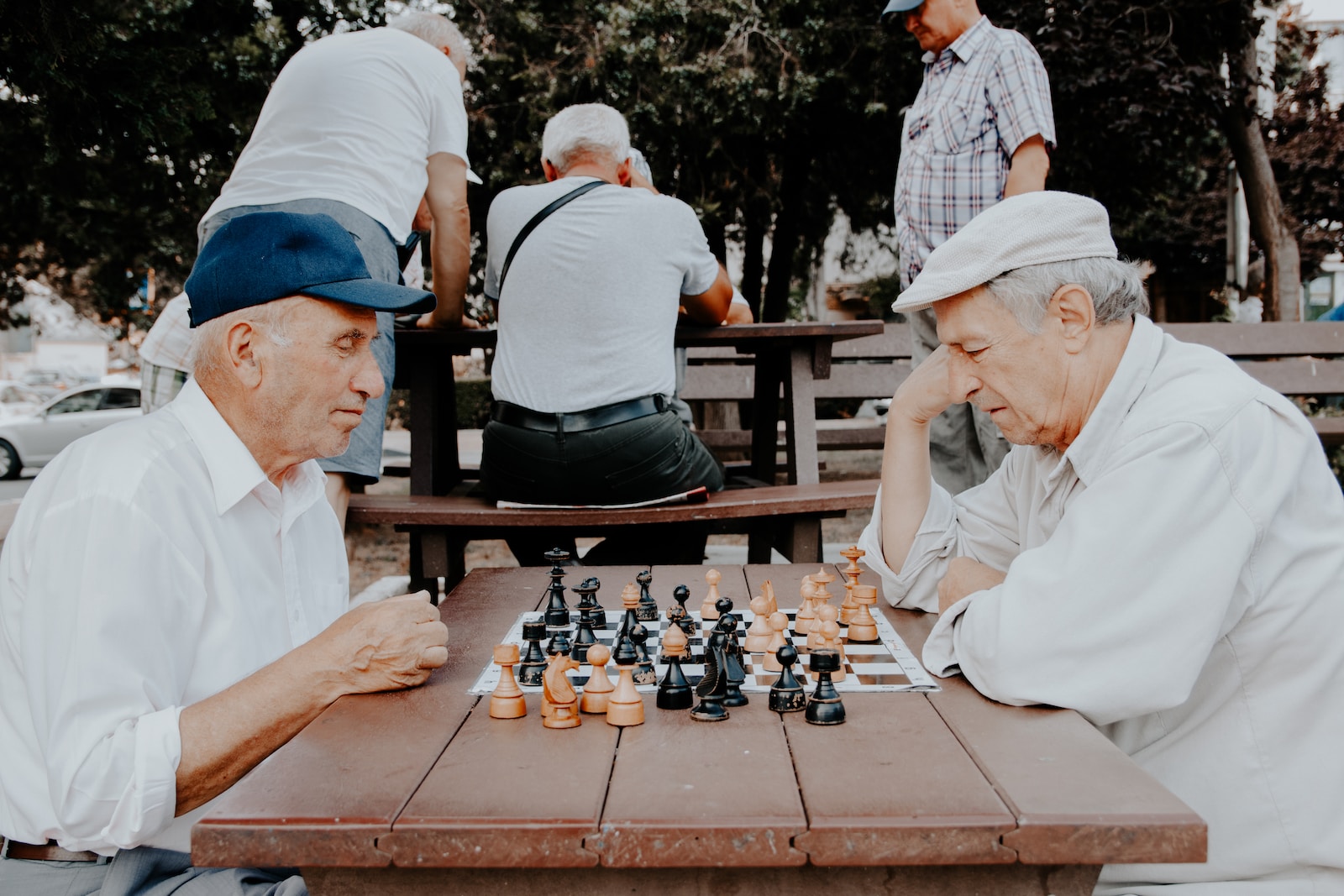


0 Comments